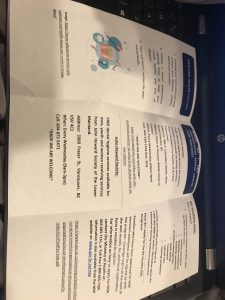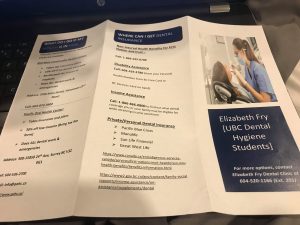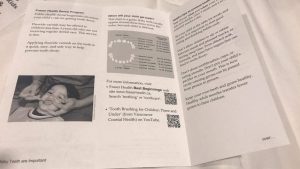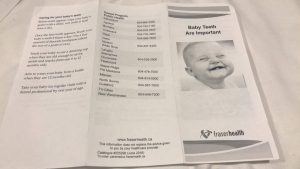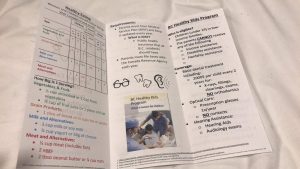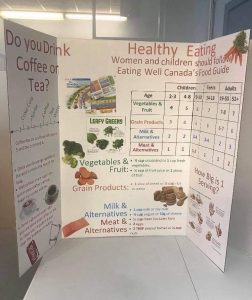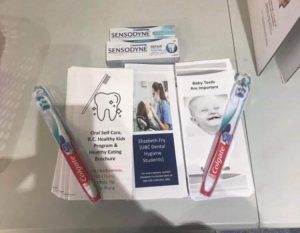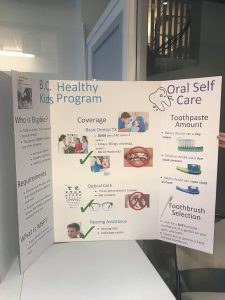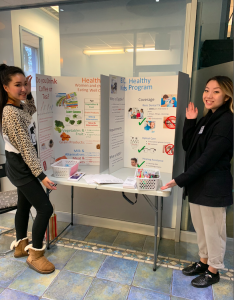DHYG 410.5 The Business of a Private Dental Practice (S.Sumi)
Another class that was part of Dr. Kanji’s course was the class on Private Dental Practice with Susan Sumi. I had never had exposure to the practice of business before and I had never taken interest in the past. I never really thought it was pertinent to me as I always envisioned myself as a clinician. However, I do think the new knowledge gained from this lecture helped me understand the value of my work and why it is important to manage clients’ behaviour, especially when they are not being respectful of my time as a professional. Furthermore, I feel that the practice of calling our own clients and managing them in our way at school has helped me in practicing this aspect of professional management.
